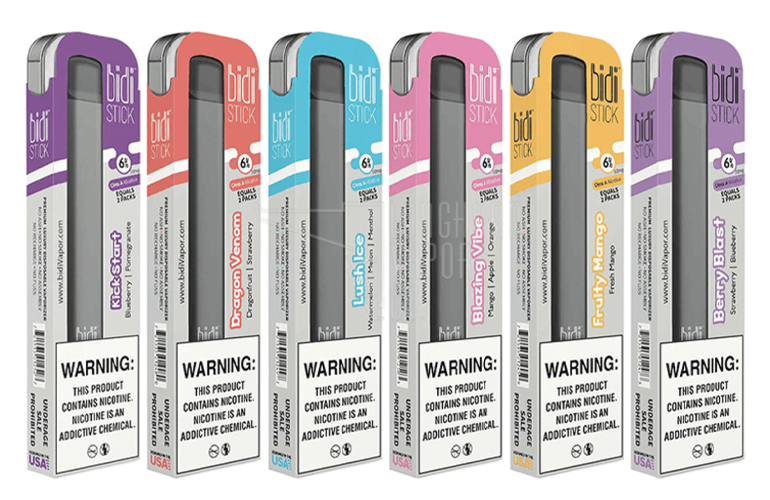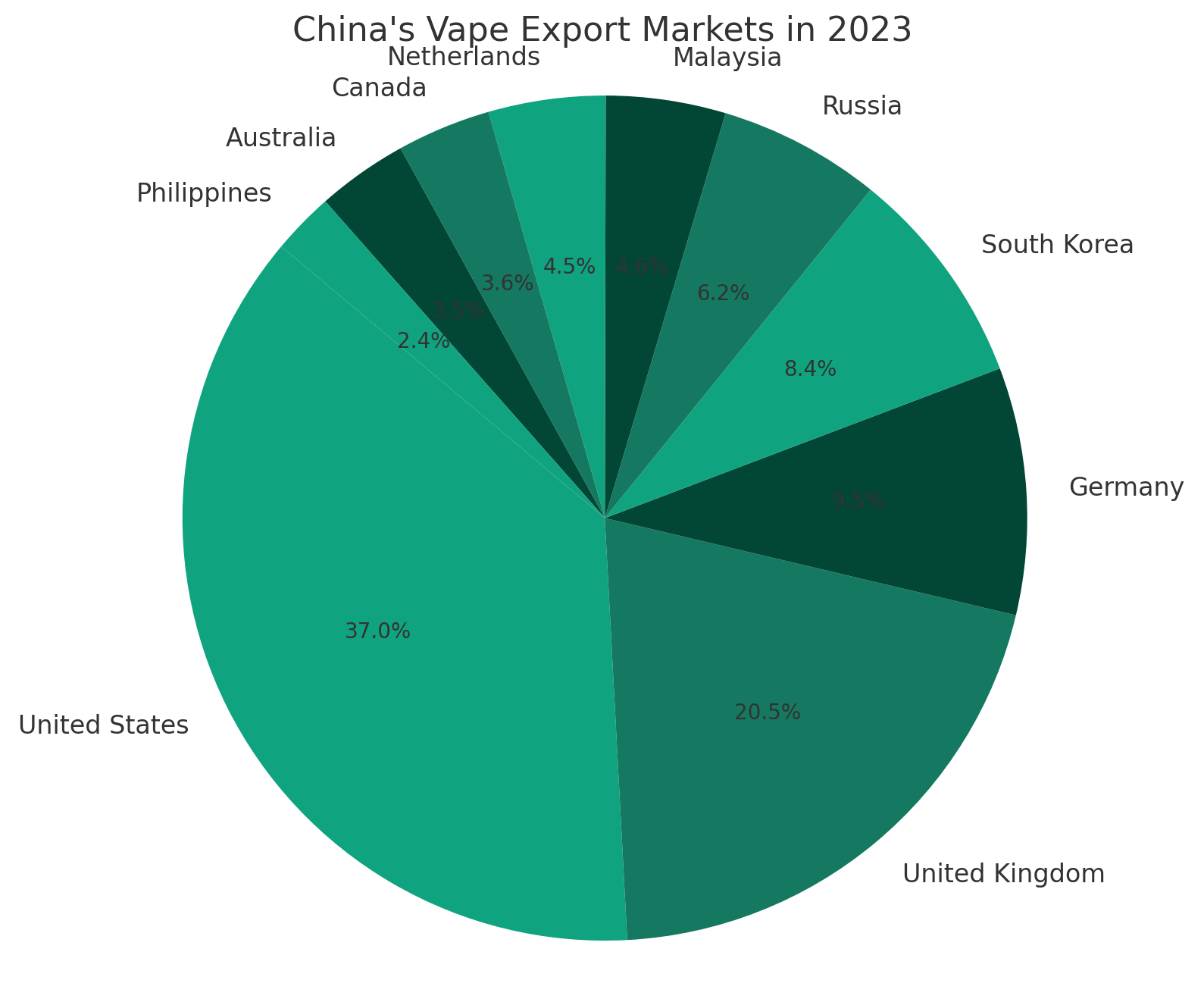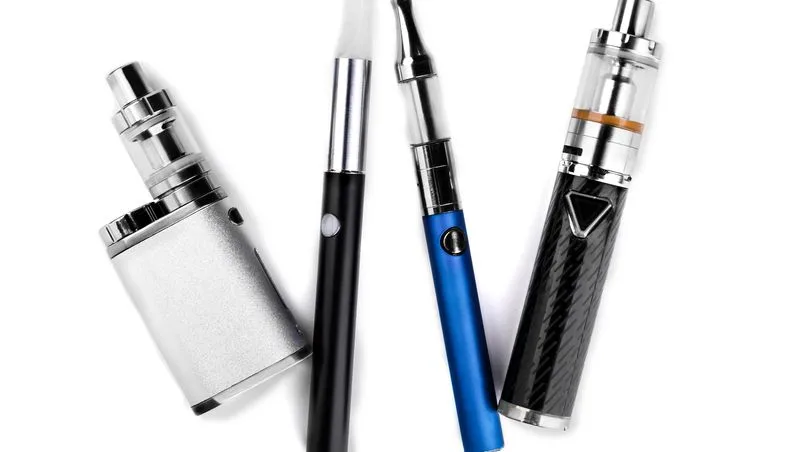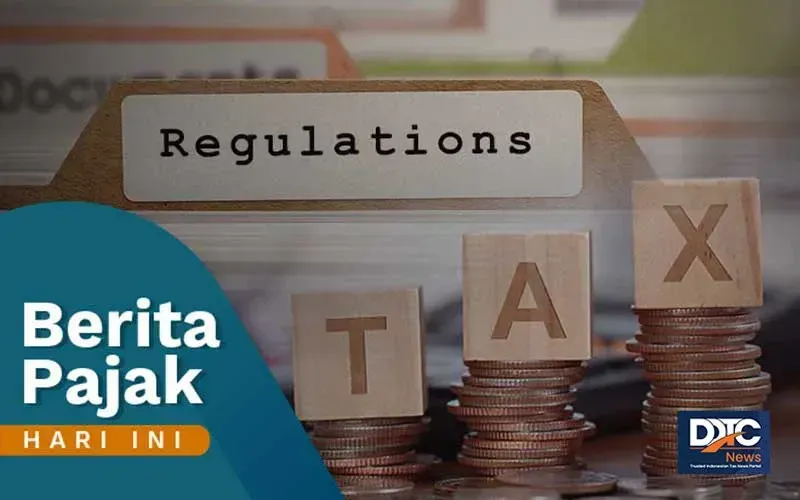Malaysia is set to introduce the Control of Smoking Products for Public Health Bill 2023 (GEG Bill), which aims to ban the use of all tobacco products, including e-cigarettes, for those born after 2007. The act also imposes strict regulations on the registration, advertising, promotion, sponsorship, packaging, and sale of tobacco products, including e-cigarettes. The media widely regards the GEG Act as one of the most stringent anti-smoking legislations globally.
The bill has sparked strong attention and opposition from the e-cigarette industry, with the Malaysian Vape Chamber of Commerce (MVCC) being one of the opponents.
Recently, 2FIRSTS interviewed Ridhwan Rosli, the secretary-general of MVCC, to understand his and MVCC’s views on the GEG bill. In the interview, he raised four major concerns about the GEG bill. He believes that the bill lacks clear and effective enforcement methods, and could potentially lead to the thriving of Malaysia’s illegal e-cigarette market.

Lack of Clear and Effective Implementation Methods
According to Ridhwan, although there are currently no specific e-cigarette regulatory details, MVCC has learned that the GEG bill essentially equates e-cigarettes with smoking. Furthermore, as specified by the bill, individuals born after 2007 will be prohibited from purchasing or using tobacco or e-cigarette products.
He told 2FIRSTS that MVCC firmly supports the Malaysian government’s regulation of e-cigarettes, but opposes the ban on individuals born after 2007 from purchasing and using e-cigarette products, as there is currently no clear and effective enforcement method.
Investment Decline may Lead to Increase in Illegal Markets
When asked about the impact of the GEG bill on the e-cigarette market in Malaysia, Ridhwan firmly stated that if the bill is passed without amendments, it will have a significant and long-term effect on the local market. The bill is expected to substantially reduce external investments in the e-cigarette industry since the potential number of future consumers will be diminished.
Additionally, Malaysia’s illicit e-cigarette market is expected to grow as a result. Taking R.J. Reynolds as an example, the company has observed a similar trend in Malaysia’s cigarette market, where an increase in tobacco taxes by the government leads to more people purchasing illicit cigarettes.
Possibility of Local Businesses Being Stifled
Ridhwan, an expert in the field, explains that the Malaysian market for e-cigarettes initially grew through the development of small and medium-sized enterprises over a decade ago. This growth was primarily driven by indigenous Malaysians (Bumiputera). It is precisely because of this lack of involvement by financial institutions and the government that the market was able to thrive so strongly.
Ridhwan emphasized that until now, there are still thousands of local companies and tens of thousands of indigenous people working in the industry. Implementing the GEG Act may hinder the hard work put in by local entrepreneurs for the e-cigarette industry and gradually strangle the local e-cigarette industry.
According to him, the indigenous people, who make up the majority ethnic group in Malaysia, constitute 70% of the total population and have a significant influence on the economy and politics of the country.
Focus on Short-term Gains
Ridhwan believes that if the GEG bill is passed, it could potentially lead the younger generation to turn to the consumption and use of illegal products. This is evident in Malaysia, where even though drug abuse is punishable by death, it continues to persist. The illegal cigarette trade remains unchecked, and the next potential target could be e-cigarettes.
He further pointed out that MVCC has been calling for government regulation of e-cigarettes since 2015, but it seems that the government has been taking a passive stance. Now, the government plans to implement the GEG bill, which is an unwise and hasty approach that could backfire.
Furthermore, despite the fact that the GEG bill was proposed by the Ministry of Health, it requires another department to implement it. This means that the Ministry of Health is asking other departments for funding to enforce this bill, which could potentially create additional budgetary issues.
Finally, Ridhwan emphasizes that the e-cigarette market in Malaysia must be adequately prepared because once the bill is passed, the compliant market may face significant challenges from irresponsible merchants engaging in the illegal sale of e-cigarettes.



















